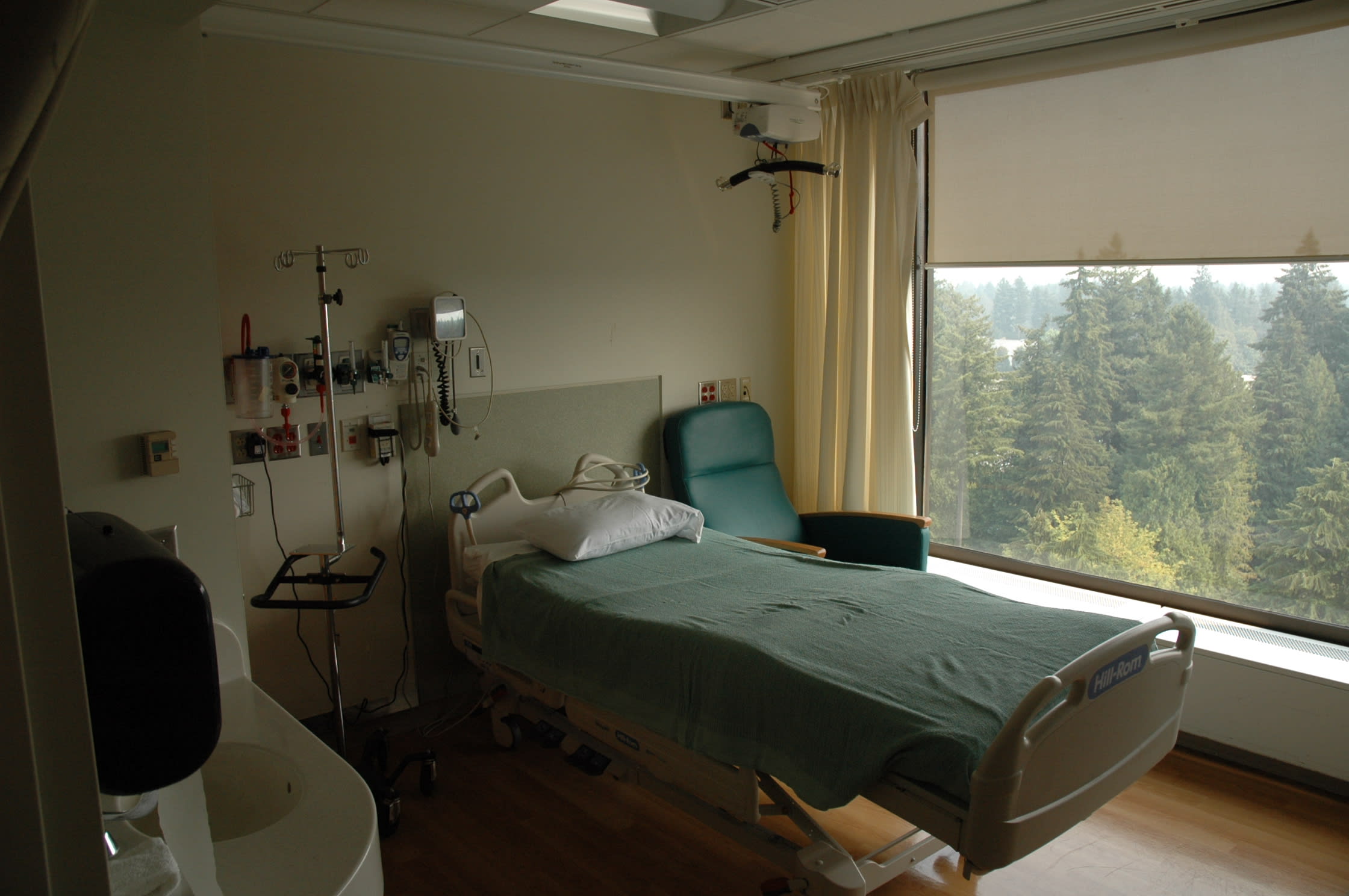 Enhancing seamless transitions from hospital to home
Enhancing seamless transitions from hospital to home
The role of physicians and APCs in facilitating patient discharge is critical for achieving optimal outcomes. Physicians and APCs lead our care teams as well as the discharge process by providing comprehensive medical evaluation, developing and implementing clinical care plans, coordinating with the interdisciplinary team, ensuring medical readiness, and ensuring that patients and their families receive the necessary guidance for a successful transition home.
Starting the discharge discussion early eases way for all involved:
- Medical evaluation and decision-making: Physicians conduct thorough assessments to determine when patients are medically ready for discharge, ensuring all health conditions are stabilized and managed.
- Collaborative care planning: Collaborate closely with nurses and other healthcare providers to create individualized discharge plans that address all aspects of patient care, including medical needs, social support, and follow-up care.
- Patient and family education: Provide clear and detailed explanations about post-discharge care requirements, including medication regimens, signs of potential complications, and when to seek further medical attention.
- Goal setting and monitoring: Establish early goals of care and work with the healthcare team to set realistic recovery milestones that patients can aim for, facilitating a smoother transition.
A successful discharge necessitates a collaborative and proactive strategy, focusing on:
- Early site of care discussions: Engage with patients and families early in the hospitalization process to discuss potential post-discharge care arrangements, including home healthcare services or rehabilitation facilities.
- Consistent communication: Deliver timely and coherent messages to patients and families regarding the discharge plan, ensuring alignment among all involved parties.
- Barrier identification and management: Identify potential obstacles that may delay discharge, such as the need for durable medical equipment or caregiver support, and work to address these promptly through established protocols.
- Coordination of transportation: Work with care teams to facilitate transportation planning to ensure patients have a smooth transition from the hospital to their next site of care.
Patient benefits: Discharge to home offers numerous advantages, including emotional well-being in a familiar environment and essential support from loved ones. Patients often recover faster at home, benefiting from reduced exposure to healthcare-associated infections. Research indicates home recovery leads to lower costs, increased satisfaction, and significant improvements in daily living activities.
Hospital benefits: Efficient discharge processes help hospitals reduce lengths of stay, optimize patient flow, enhance the overall patient experience, and reduce operational costs.
About the Author
More Content by Providence News Team














